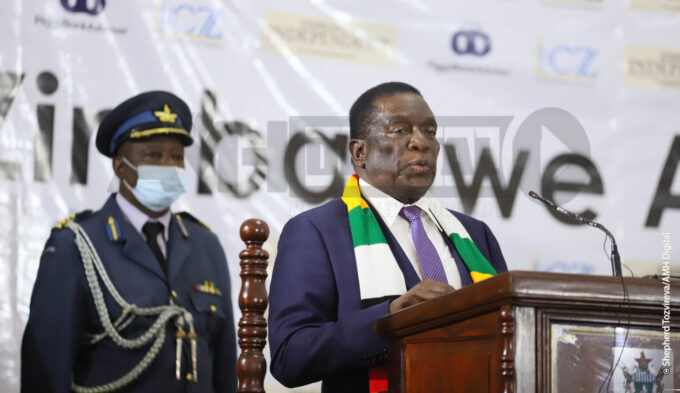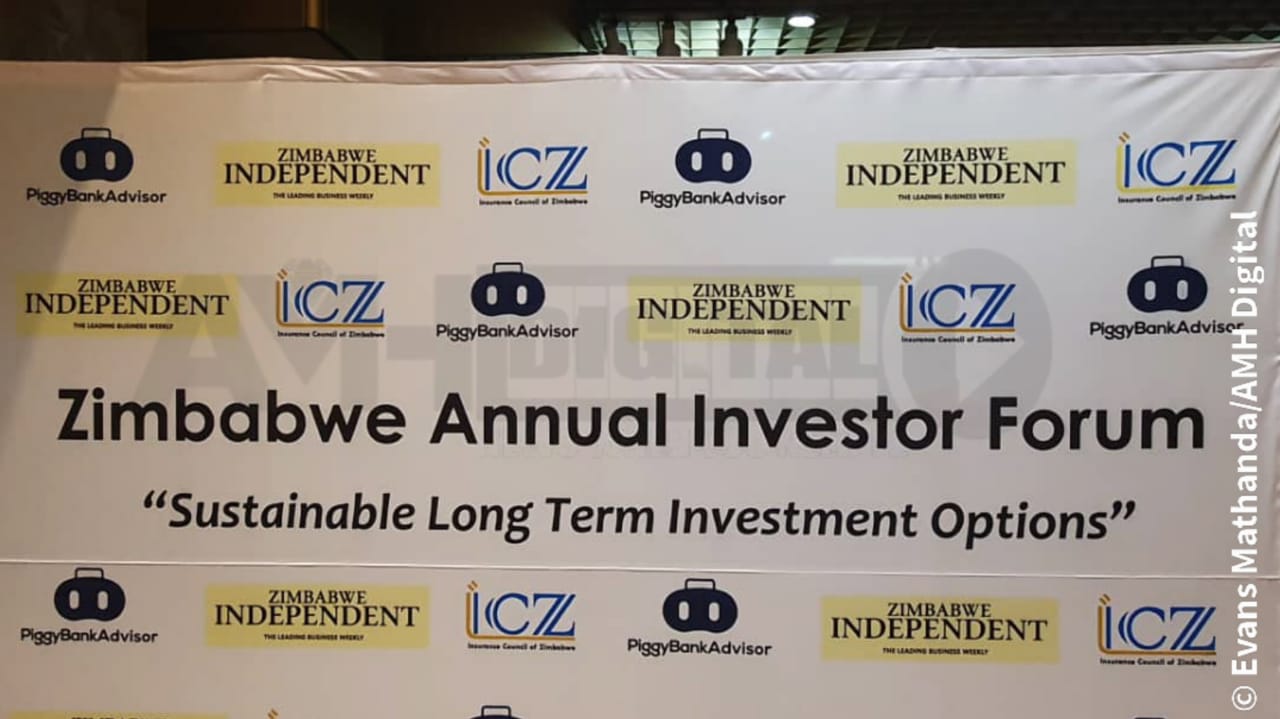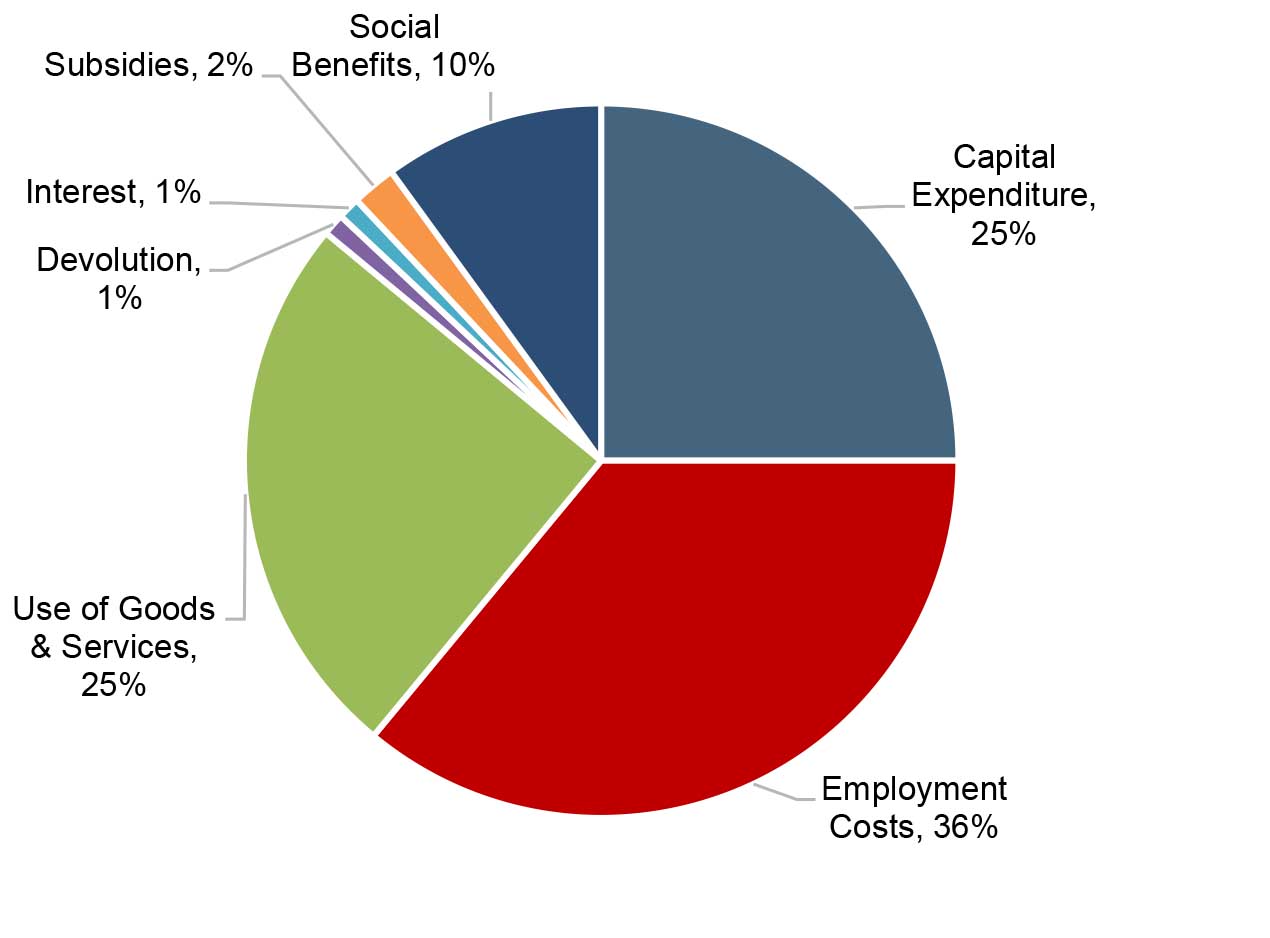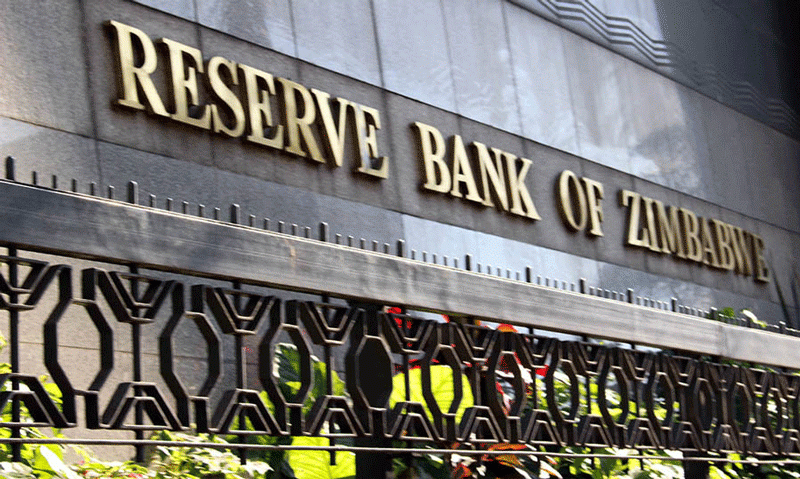
SYDNEY KAWADZA SOUTH Africa’s ruling African National Congress (ANC) has reportedly shown interest in supporting an anti-sanctions lawsuit filed by Zimbabweans in that country against US President Joe Biden.

The lawsuit filed by the Zimbabwe Anti-Sanctions Movement (ZAMS) demands that the South African courts declare US sanctions illegal.
Reports from South Africa recently indicate that the ZAMS case may set a template for Russia and other countries under sanctions to follow.
The lawyer representing ZAMS, Simba Chitando confirmed the development.

The papers were handed over to Biden and others through the South African Department of International Relations diplomatic bag.
“We are awaiting his response,” Chitando said in a statement.
“I can also confirm that a director of the ZASM met Bishop Azwihangwi Maumela, who is a PEC (provincial executive committee) member of the ANC in Limpopo, and was told that the ANC opposes unlawful sanctions against Zimbabwe, and is considering joining the court proceedings as a friend of the court.”
Chitando recently told the South African media that ZASM movement was sourcing funds to fight the case as respondent banks had hired the most expensive legal guns.
- Chamisa under fire over US$120K donation
- Mavhunga puts DeMbare into Chibuku quarterfinals
- Pension funds bet on Cabora Bassa oilfields
- Councils defy govt fire tender directive
Keep Reading
“We’ve certainly got a fight on our hands, but with the ANC coming on board, I think we have won an important ally.”
Cited in the lawsuit with Biden are president of the US Senate, Speaker of the House, Treasury Secretary and several US and South African banking groups.
The US banks cited in the case are Citigroup, Bank of America, Goldman Sachs, Morgan Stanley and Wells Fargo.
Also cited are South African banks Absa, Standard Bank and FirstRand.
Members of ZASM brought the case in the Gauteng High Court instead of the US courts arguing that the US sanctions imposed on Zimbabwe since 2001 are applied by South African financial services providers within the High Court’s jurisdiction.
They also argued that South Africa is Zimbabwe’s biggest trading partner.
The US sanctions are deemed to be inconsistent with the Africa Free Trade Agreement, to which South Africa is a signatory, and the Bilateral Investment Promotion and Protection Agreement (Bippa) between SA and Zimbabwe.
Meanwhile, observers in South Africa said the timing of the court case, coming as the US is trying to build an international coalition against Russia over its invasion of Ukraine, may be fortuitous for Zimbabwe.
In its papers filed last month, ZASM argues that South African financial service providers have deprived Zimbabwean nationals and companies of money or property due to blockages in compliance with the sanctions.
“South African financial service providers, together with many financial service providers throughout the world, face punitive measures from the United States government, and for that reason, they are forced to comply with the unilateral sanctions programme against Zimbabwe,” ZASM said.
The movement also argues that the sanctions were in violation of international law and that Zidera did not arise from any United Nations General Assembly or UN Security Council resolution.

“South Africa is a member state of the United Nations and is bound by the UN Charter, applicable conventions, and agreements related to the use of economic coercive measures on nation states,” it argues.
The sanctions were introduced in 2001 under the Zimbabwe Democracy and Recovery Act (Zidera) with the purpose of restoring order in the country after state-sanctioned land invasions and human rights abuses.
The sanctions snuffed out Zimbabwe’s ability to meet its international financial obligations and buckled the country’s balance of payments, which in turn contributed to currency collapse.
A 2019 report by Zimbabwe’s ministry of Foreign Affairs and International Trade says sanctions force Zimbabwean importers to pay cash upfront, while loan inflows to Zimbabwean companies have dropped, and the country’s agricultural output has fallen due to an inability to import farming equipment.











